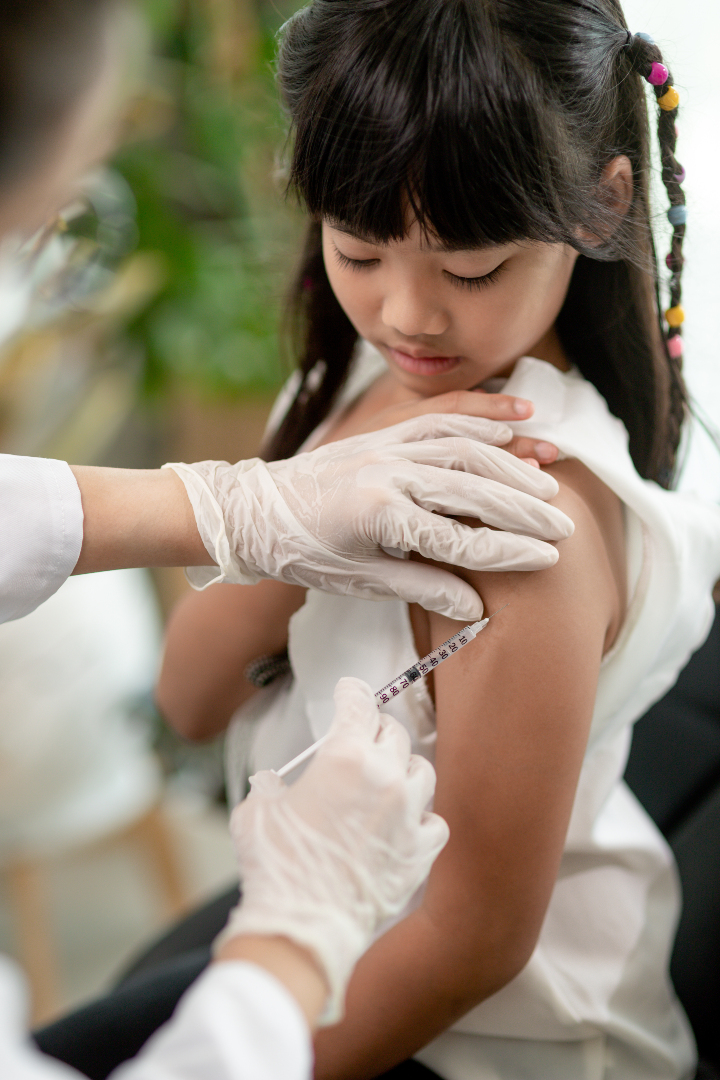
Emergency vaccine response has cut infectious disease deaths by nearly 60% since 2000
On Jul. 14, 2025, researchers at Burnet Institute, in collaboration with Gavi, the Vaccine Alliance, have provided the world’s first ever look at the historical impact of emergency vaccination efforts on public health and global health security, with a comprehensive study of 210 outbreaks of five infectious diseases – cholera, Ebola, measles, meningitis and yellow fever – in 49 lower-income countries between 2000 and 2023.
Analysis based on the study published in the British Medical Journal (BMJ) Global Health finds that, during this time period, emergency vaccination is estimated to have reduced cases and deaths by nearly 60% on average across these five diseases. For some diseases like yellow fever and Ebola, outbreak response vaccination efforts are estimated to have decreased deaths by 99% and 76% respectively. This impact from outbreak response is in addition to millions of deaths and cases averted by preventive and/or routine vaccination against the five diseases.
In all cases, the study found emergency vaccination significantly reduced the threat of outbreaks expanding. The findings also underscored the importance of rapid outbreak response times and maintaining strong routine immunization coverage – especially in high risk settings – to prevent and minimize cases and deaths.
In total, the study found that vaccination in response to these 210 outbreaks generated nearly US$ 32 billion in economic benefits from averting deaths and years of life lost to disability. It noted this amount is a significant underestimate of overall savings, because it does not take into account outbreak response costs nor the social and macro-economic impacts of disruptions created by large outbreaks. For example, the 2014 Ebola outbreak, which occurred before the existence of an approved vaccine and saw cases imported around the world, is estimated to have cost West African countries alone more than US$ 53 billion.
Gavi, the Vaccine Alliance is a public-private partnership that helps vaccinate more than half the world’s children against some of the world’s deadliest diseases. The Vaccine Alliance brings together developing country and donor governments, the World Health Organization, UNICEF, the World Bank, the vaccine industry, technical agencies, civil society, the Gates Foundation and other private sector partners.
Tags:
Source: GAVI
Credit:
